All-female sailing expedition takes aim at the plastic crisis in our oceans
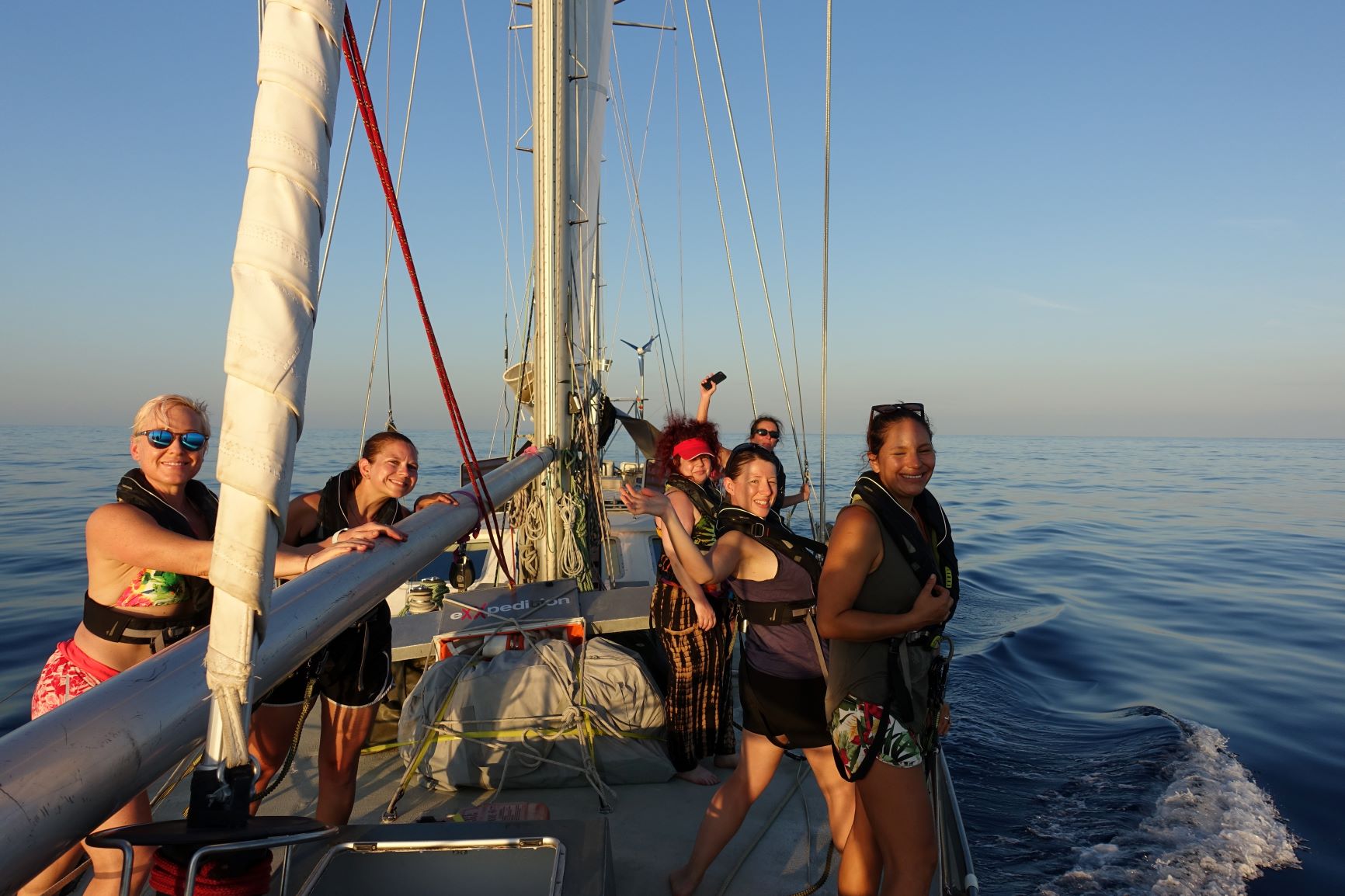
There’s no silver bullet solution to the ocean plastic crisis.
Plastic is so prevalent in our oceans that it can be found on every beach in the world and can even be found embedded deep within Arctic ice.
Back in the 1950’s, the world produced 1.5 million tons of plastic, today that number has drastically risen to over 320 million tons per year. Some 8 million pieces of plastic find their way into our oceans every single day.
To say the situation is dire would be an understatement! Our dependence on plastics and more recently, the use of health and cosmetic products containing microbeads has lead to over 5 trillion macro and microplastic pieces floating in the open ocean, weighing up to 269,000 tonnes.
It is estimated that plastic pollution can be found in the digestive tracts of 100% of all marine turtles, over half of all wales and some 40% of all seabird species, killing over 100,000 animals annually.
The level of devastation affecting our oceans can seem like an insurmountable task for most people. However, there are those amongst us who are ready for the challenge.
One organisation working to tackle the problem is eXXpedition. Set up in 2014, the not for profit group organise scientific expeditions across the world for all-female sailing crews.
Putting together experts and scientists from across disciplines, their focus is to supports novel and innovative scientific research, highlighting the endemic nature of microplastics within our ocean environments globally.
With their latest expedition (Panama to Galapagos) just recently finished, we had the opportunity to speak to one of the women on board and find out why she decided to step up and take action.
Camila de Conto is a Process Engineer, working in the Pharmaceutical sector. Besides her daily job, she’s a member of the company’s sustainability team and her role is to work on measures to improve their sustainable culture.
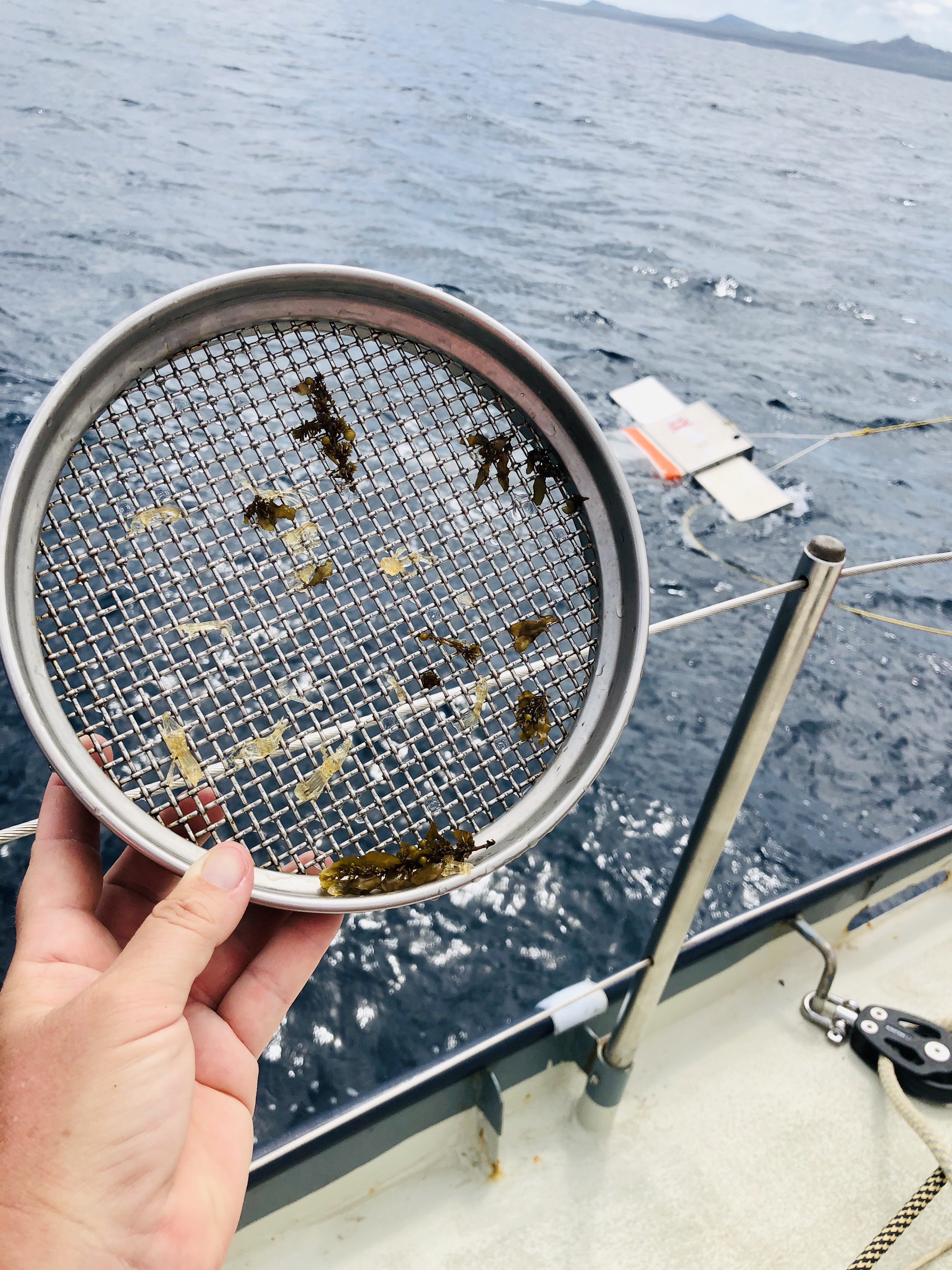
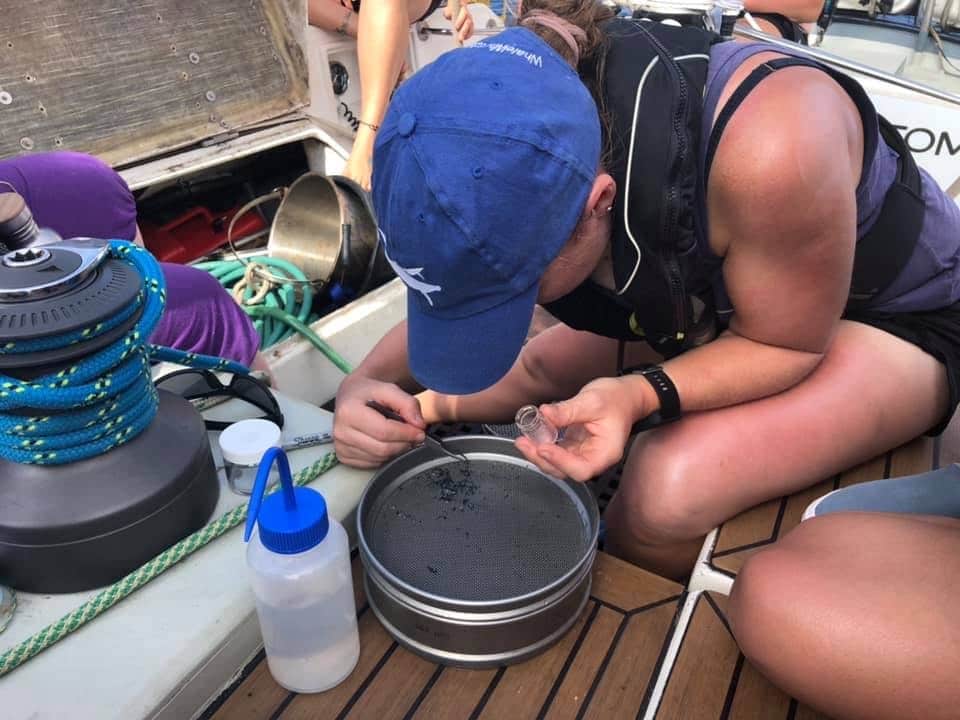
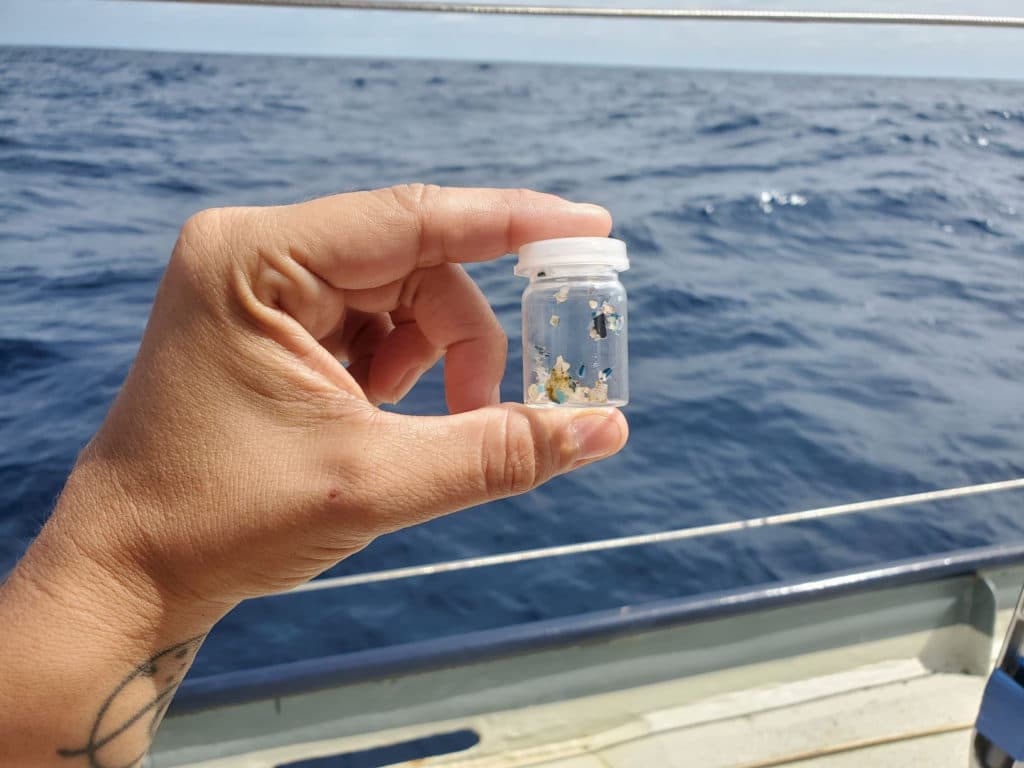
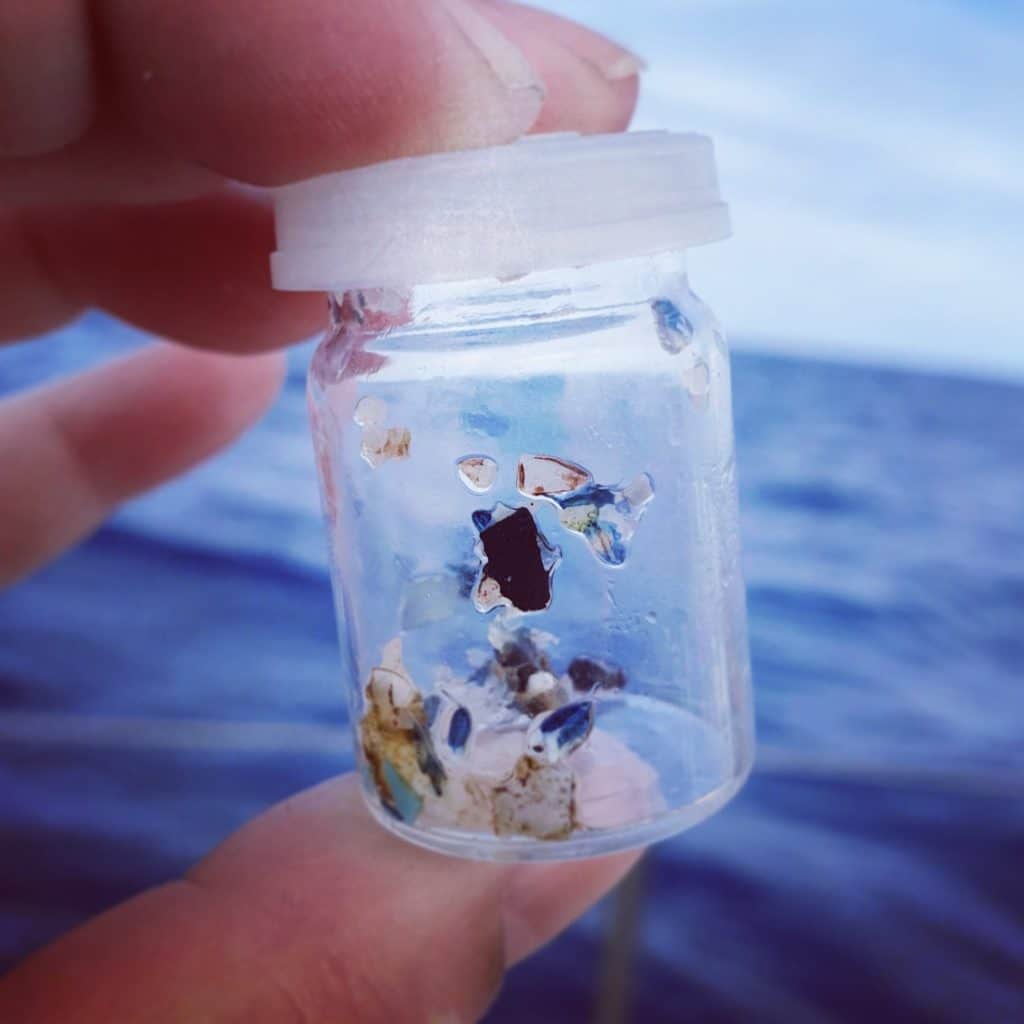
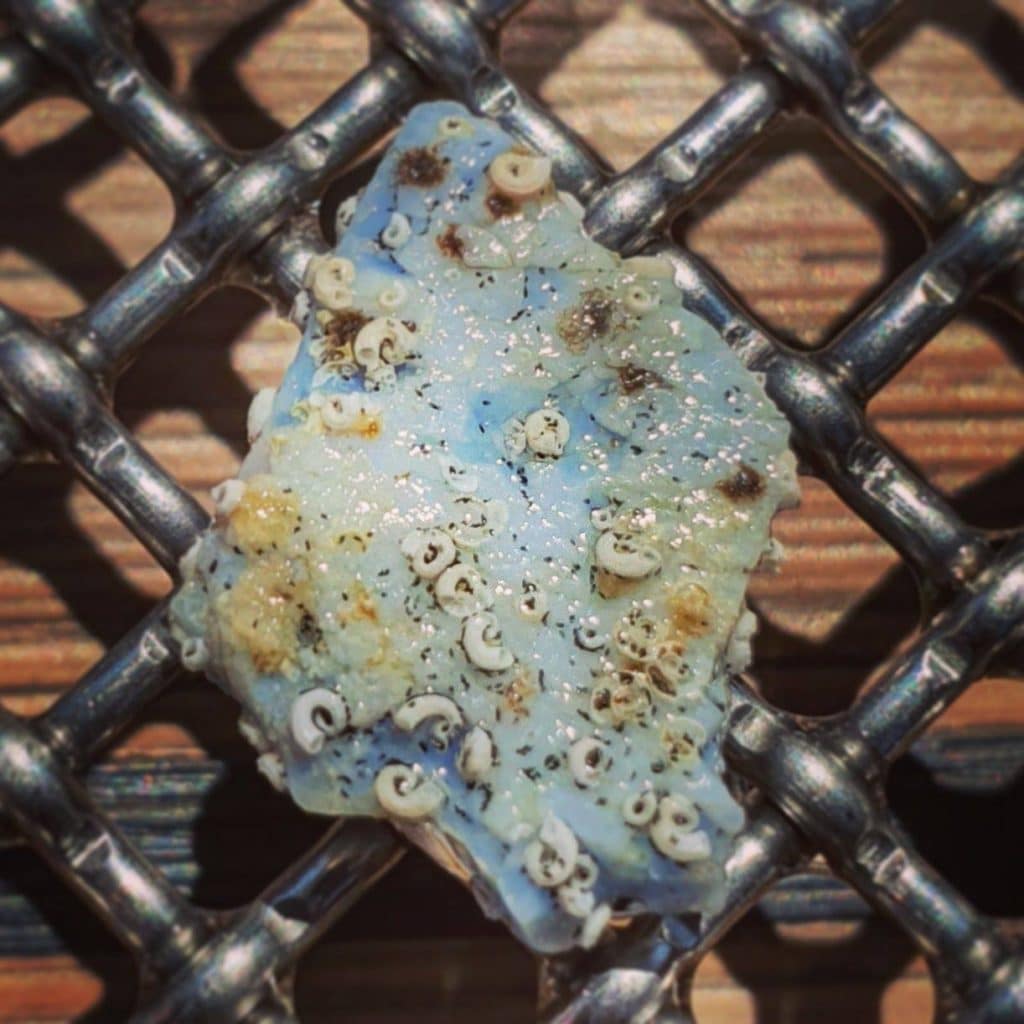
How bad is the plastic problem?
It got to the point that we see plastic everywhere that we look for it – and also when we are not even looking for it. We can find plastic bottles and containers floating in the ocean at 400m offshore, we can also find micro pieces of plastic in the surface of the ocean, in the water column, in the bottom of the sea, digging in the sand in our beaches – and on top of the sand as well – we can find plastic inside the bellies of wild animals, and we can even find toxins coming from plastic in our own blood.
And the problem is that some of us know all that, but most of us still don’t know it. And from the small portion of the people living in this planet and know about the plastic problem, only a few are doing something about it and stopping the source.
We need more communication and we need more actions.
Describe what you do?
I work as a process engineer at Smith+Nephew Curaçao (pharmaceutical leader in medical devices and sport medicine). I monitor and optimize our production line, and I am constantly looking for solutions to minimize our resources intake and also our waste generation. Besides, I coordinate global sustainability actions within the company’s Young Professionals network.
Is your industry designed for women leadership?
Although there’s a low number of women in STEM careers within the pharmaceutical industry, I would say that the health care and life science sectors have great role models in leadership positions.
Big pharma companies like Janssen, GSK and Pfizer have at least 40% of the executive team composed of women (including CEO position).
At Smith+Nephew (the company I work for) 40% of the executive leadership position is taken by women.
I believe there’s inclusion and encouragement for women in the pharmaceutical industry and I have the hope it can inspire other industries as well.
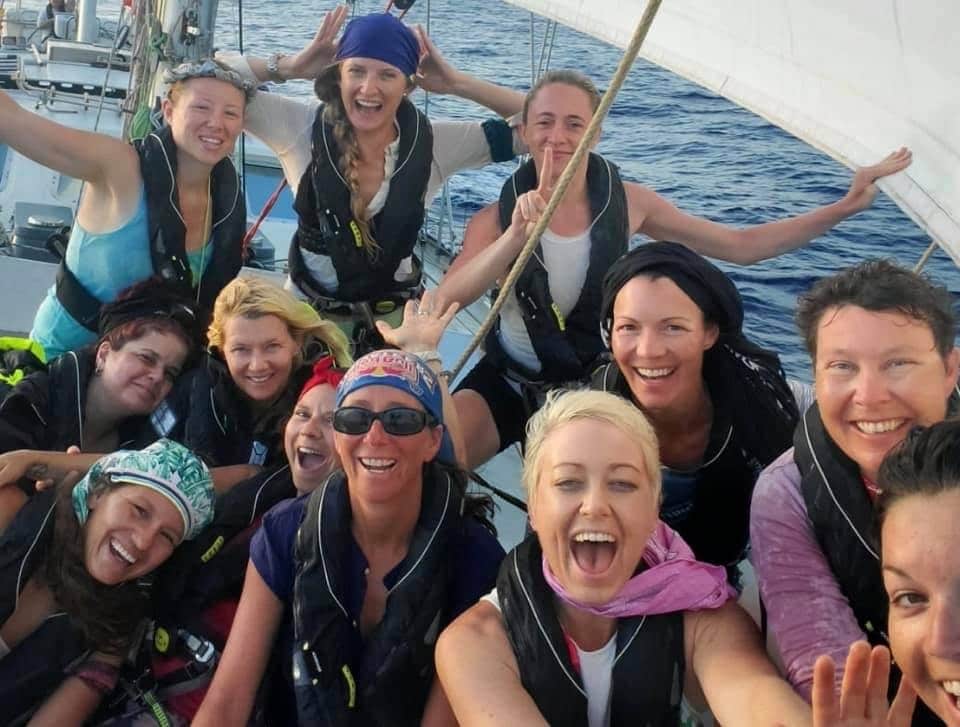
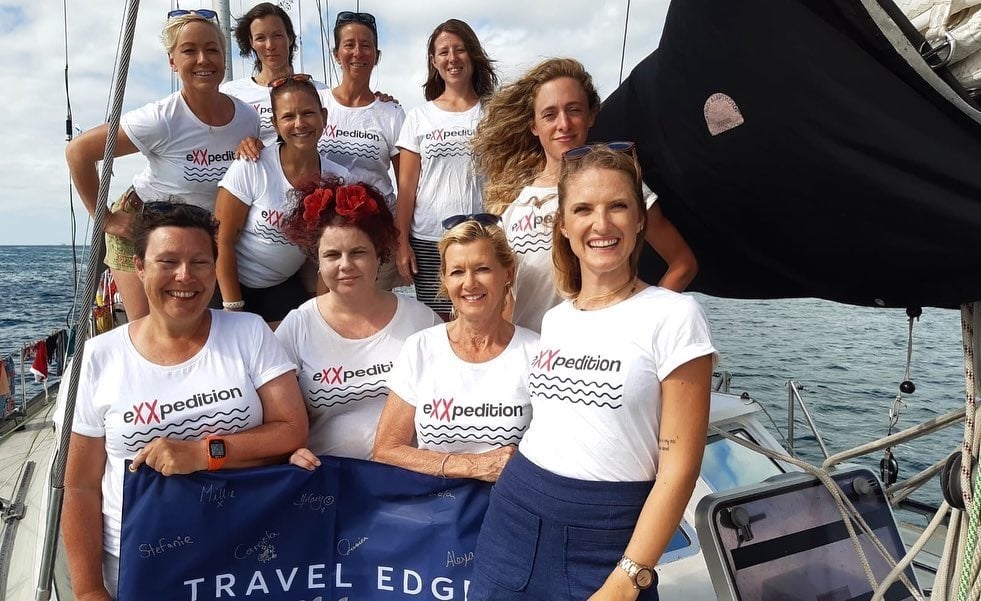
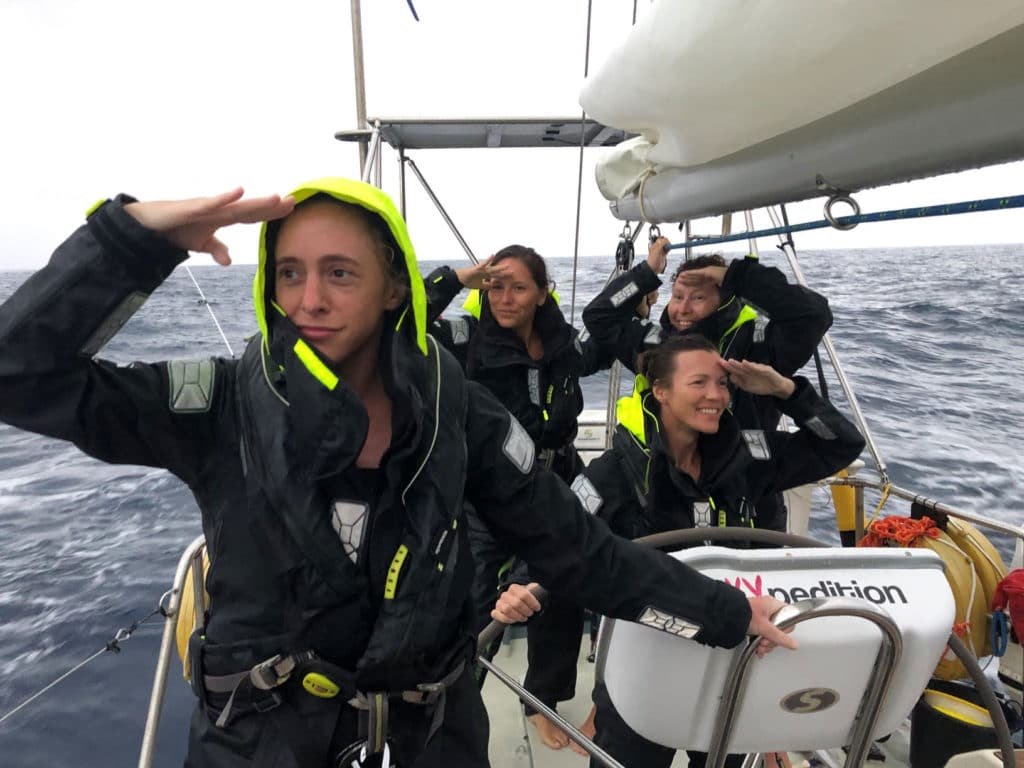
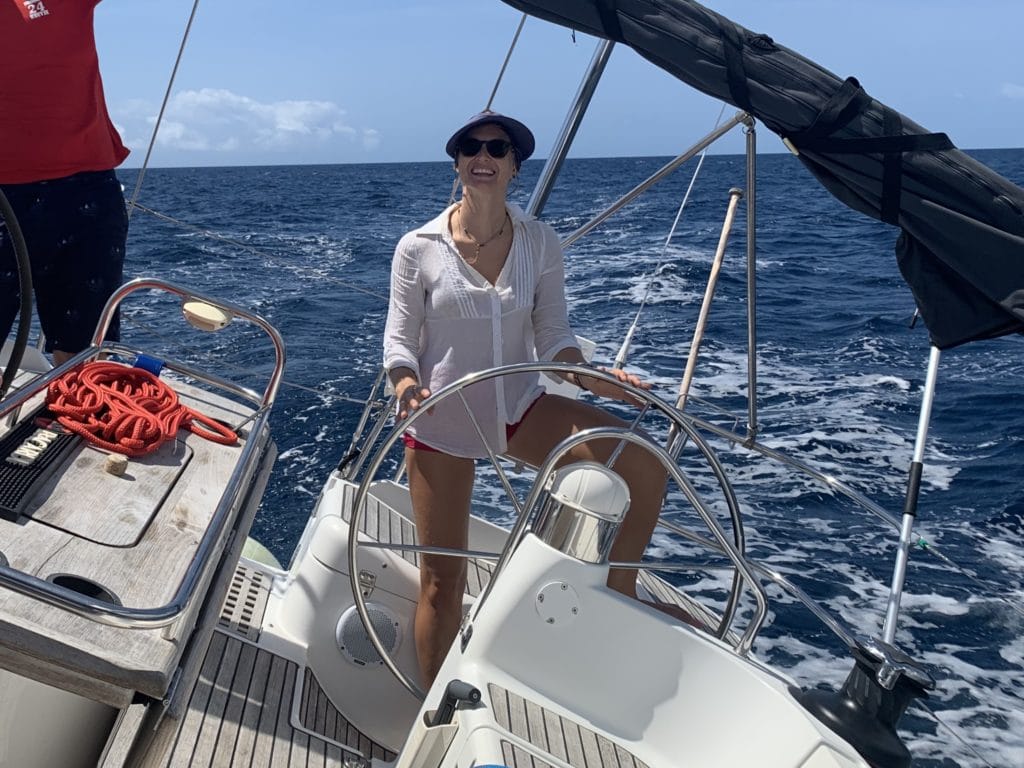
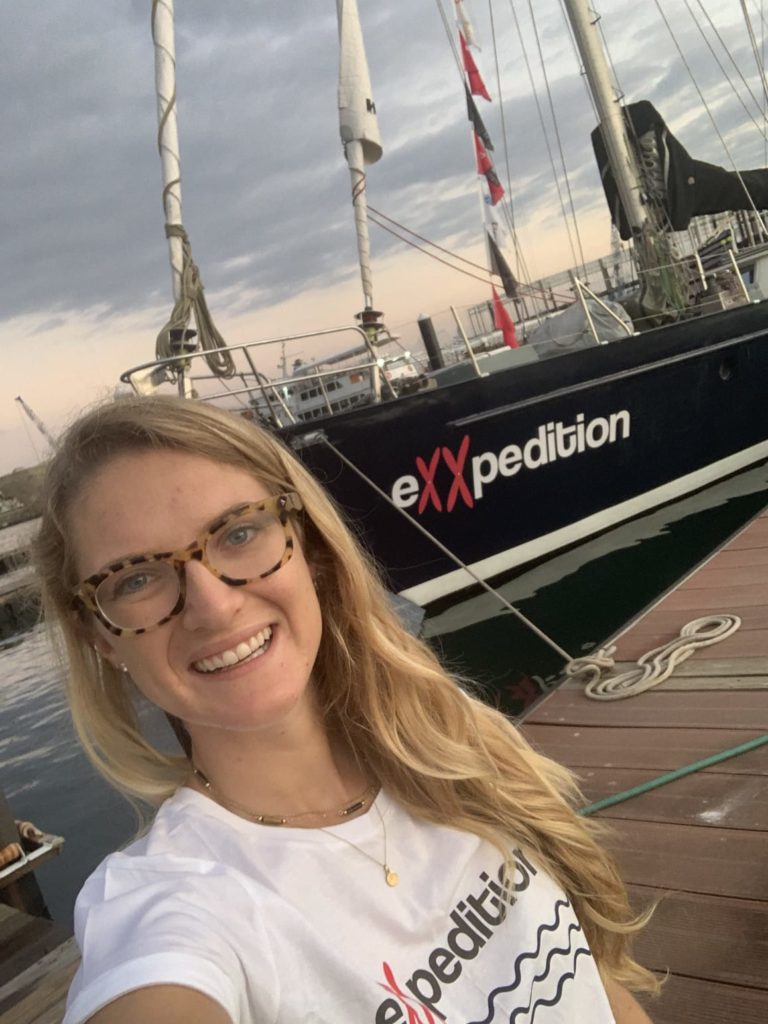
Can women leadership save the planet?
Of course! The day we will have equal leadership all over the world, we will finally be in balance. I believe women and men are born with the same ability to learn soft and technical skills, and we both have different and unique natural characteristics. If we could learn how to use it in a smart way, and if the society would give women space to lead in the areas we are the best at, we could finally have harmony and save the planet.
What can women do to help reduce plastic waste?
Women can help reducing plastic waste in many ways:
1. Replacing their cosmetics, beauty and sanitary products (single use period pads/tampon, cotton pads, plastic swabs, plastic bottles for shampoo/soap/body lotion, make up products…)
2. Speaking up about the problem to engage their communities
3. Being an example to other people (men, women, children)
4. Stop plastic waste generation from the source: both men and women can do it.
As a woman, what did the eXXpedition teach you?
That is not about our gender, our age and our background, but it is all about our beliefs, hopes and dreams.
You don’t need to be an old sailor man to cross the pacific in a sailing boat, you don’t need to be a male researcher leader to collect samples from the ocean and analyse them, you don’t need to be a businessman to make impact in the world. We could be us, and we did it all! And even better, we did it while dancing in the raining days, supporting each other on the down days, listening to each other and binding as sisters on this trip!
Camila de Conto is Brazilian by birth, Italian by blood and world citizen by heart. Currently living in the Caribbean island of Curacao, in which she found her peace close to the ocean.
She is a Process Engineer, working in the Pharmaceutical sector. Besides her daily job, she’s a member of the company’s sustainability team and her role is to work on measures to improve their sustainable culture.
When she is not at work, you can find her practicing yoga by the beach or you can find her at the sea: sailing, diving, swimming, snorkelling, volunteering for the Coral Restoration Foundation, for the Curacao Sea Turtle Conservation Foundation or for the sea scouting helping with sailing lessons for the community kids.




